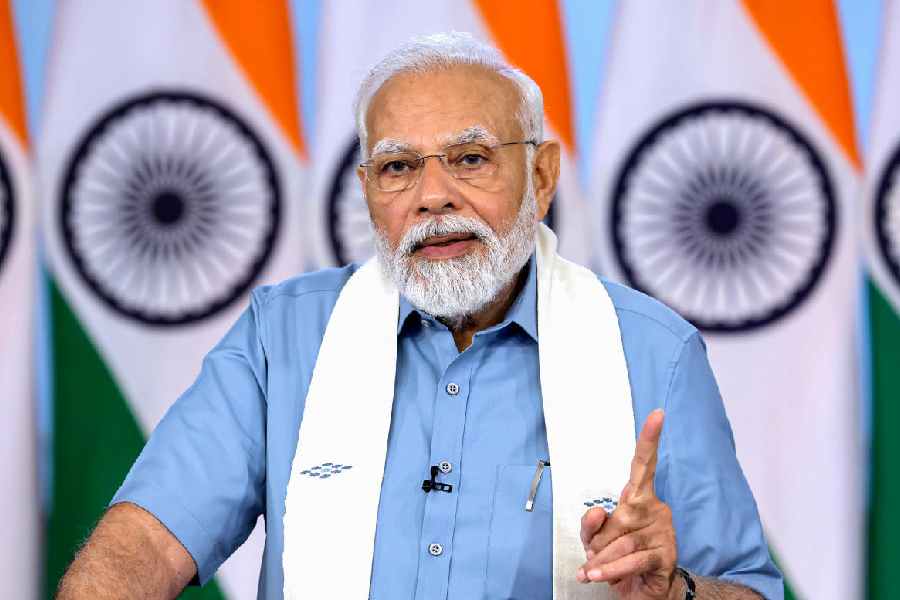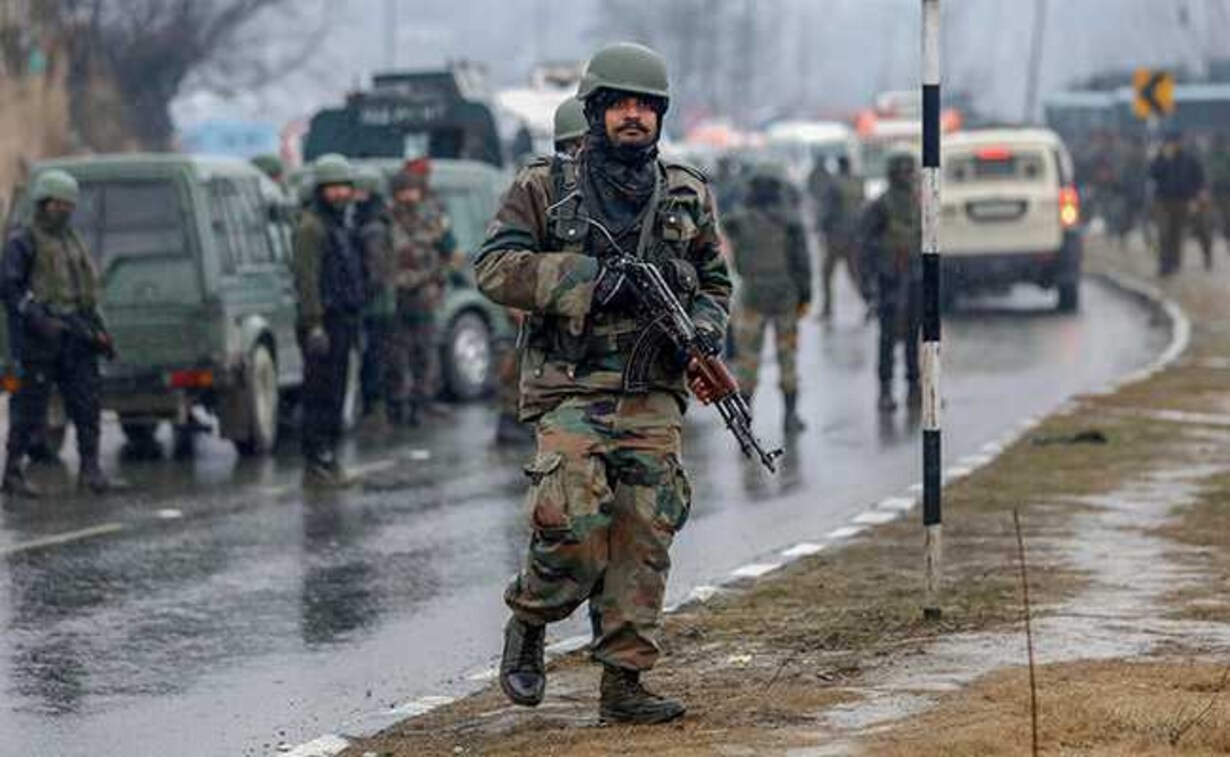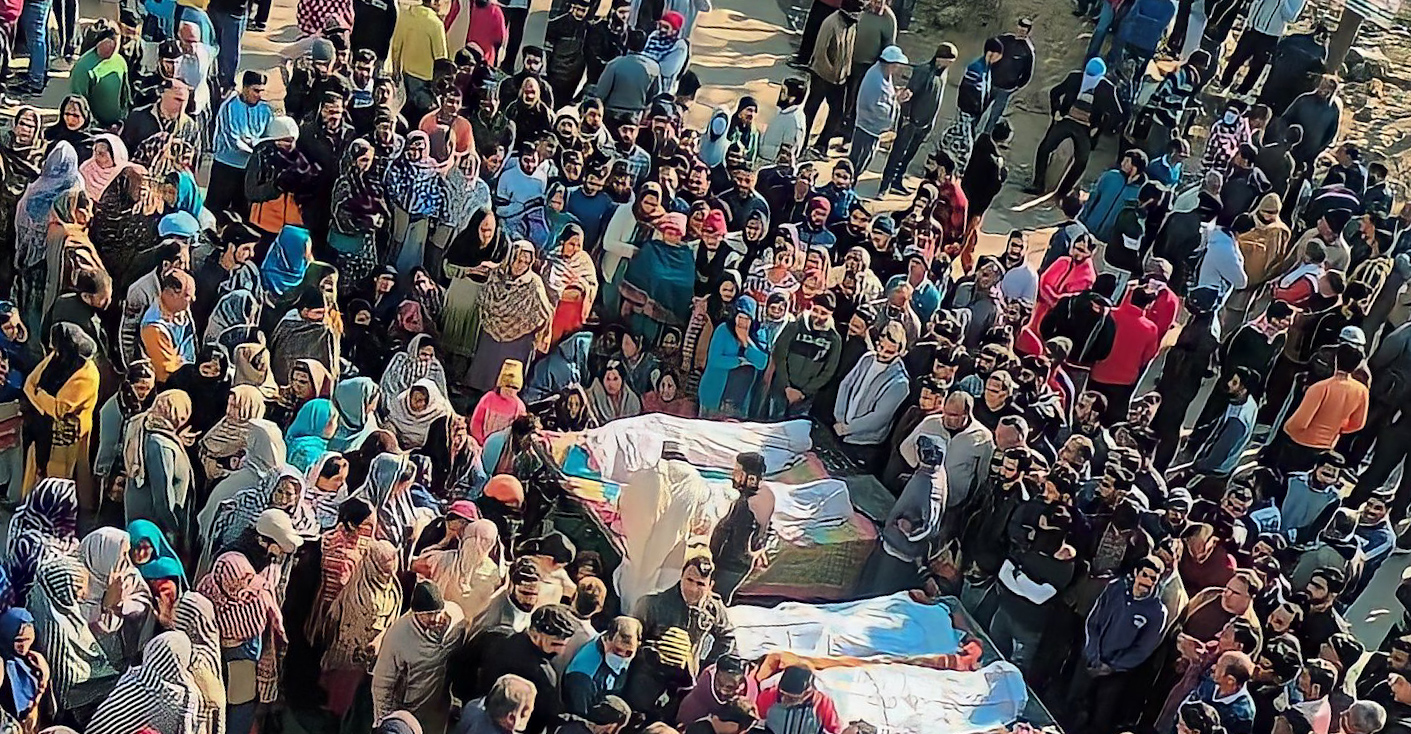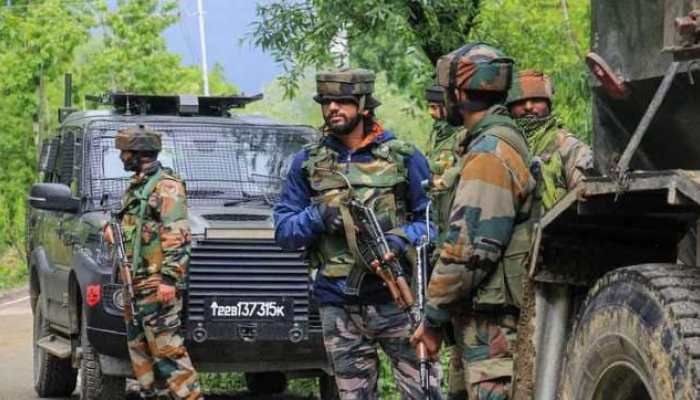Under Prime Minister Narendra Modi, counterterrorism efforts have been intricate and multidimensional. On the one hand, much has been accomplished regarding foiling terrorist schemes and eliminating terrorists. However, the decade has also had its fair share of high-profile terror acts, leading to a critical evaluation of counterterrorism efforts.

Successes in the Fight Against Terrorism
The government of Prime Minister Modi has been aggressive in its pursuit of terrorist organizations. In 2016, in response to a terrorist attack on an Indian military installation, the Indian Army carried out surgical strikes targeting terrorist launch pads in Pakistan-occupied Kashmir. This bold move demonstrated India’s dedication to fighting terrorism. Security infrastructure and systems for exchanging intelligence have also received substantial expenditures. Terrorists now have a more challenging time operating freely within India due to these enhancements.

When dismantling terrorist networks, the Indian government’s security agencies have had much success recently. The deaths or capture of some high-profile members has weakened terrorist groups and their capacity to launch attacks. India has also helped to improve worldwide efforts to combat terrorism. As part of its efforts to confront the worldwide terrorist threat, the US has tried to isolate states that host or assist terrorists.
Consequences of Terrorism under the Modi Government
Significant progress has been made in the fight against terrorism. Still, there have also been terror incidents during the Modi rule, prompting some to question the efficacy of security measures and counterterrorism efforts. Forty people were killed in the suicide explosion in Pulwama in 2019 that was directed against an Indian security convoy. This incident brought home the severity of the terrorist danger in the region and the importance of maintaining a state of constant alert.

In 2016, extremists attacked a military facility near Uri, killing 19 service members. Terrorist organizations remain a persistent threat in the area, and this act exacerbated relations between India and Pakistan. In 2016, militants with weapons broke into an Indian Air Force facility in Pathankot, prompting a multi-day operation to eliminate the threat. Terrorists also attacked a police station in Gurdaspur, Punjab 2015, prompting similar worries about border security and the ease with which extremists may penetrate.
Several pilgrims lost their lives in an attack on a bus taking them on the Amarnath Yatra in 2017. This incident shows how vulnerable large public gatherings are to terrorist attacks. The importance of constant vigilance and the enhancement of security measures, intelligence sharing, and border protection was highlighted by these assaults. Terrorist organizations remain a persistent threat in the region, also noted.
Persistence of International Terrorism
During the Modi administration, cross-border terrorism, especially from Pakistan, has been a constant problem. India claims that Pakistan harbors and provides aid to terrorist organizations that conduct attacks inside India. The two nuclear-armed neighbors’ tensions and conflicts have periodically escalated due to these accusations.

Diplomatic efforts has handled the problem of international terrorism, economic pressure, and worldwide advocacy. However, a sustainable resolution to this problem is not found yet, and it continues to influence regional security.
The issue of Khalistan
The “Khalistani terror” movement supports the establishment of an independent Sikh state in the Indian state of Punjab, also known as Khalistan. The violent and terroristic nature of the movement’s first days in the 1980s is a defining feature of its legacy. Although the vast majority of Sikhs in India abides by the law and do not condone acts of terrorism, a tiny number of extreme elements are associated with such violence and terrorism. Under Prime Minister Narendra Modi, the Indian government has taken a hard line against terrorism of any kind, including the Khalistani variety, and has worked to keep the peace and prevent lawlessness. There has been an attempt to talk to the Sikh community about their issues without resorting to violence. The complicated historical and political forces at play help explain why tensions and concerns around this topic endure. It’s essential to separate the violent extremists from the rest of the Sikh community, which includes many peaceful people who follow the law.
The Modi government’s counterterrorism efforts have had both positive and negative results. High-profile terror acts have emphasized the persistent threat despite significant progress in destroying extremist networks and increasing security procedures. Terrorism across international borders is still a problem since it has diplomatic, security, and global components. The ever-evolving nature of terrorist threats necessitates constant attention and flexibility in security and intelligence operations, and India’s counterterrorism measures reflect this reality.

